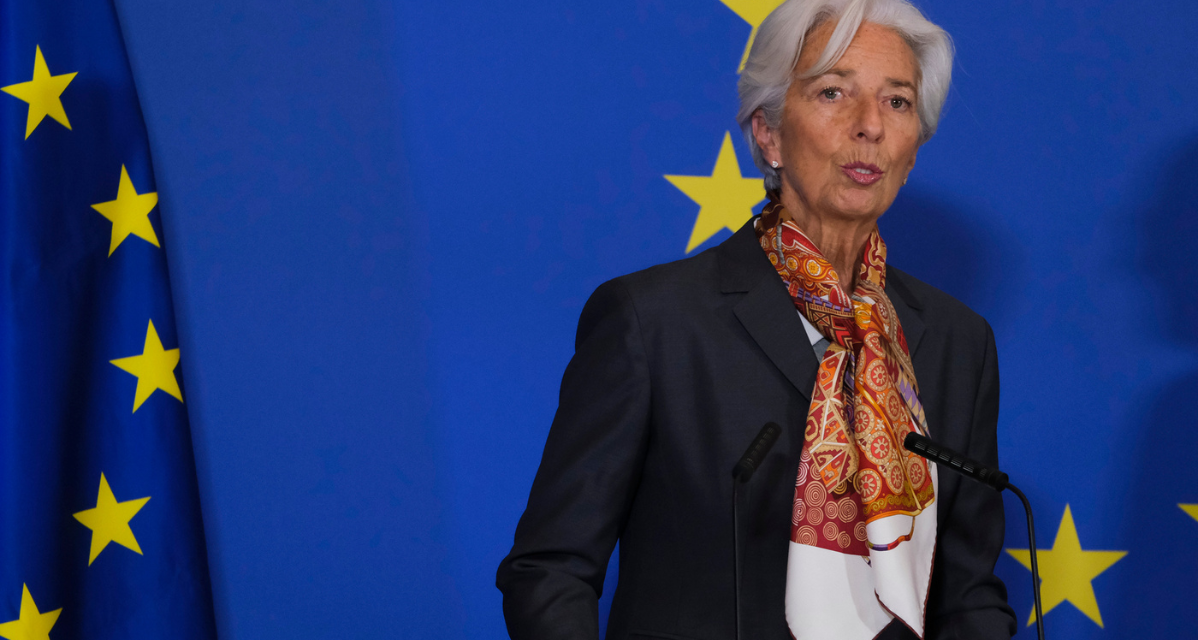Turning the Corner

SPECIAL NOTE: If you have not done so already, please call Glen, Mike, Joe or Nels to book your annual review meeting.
Global equities were marginally higher this past week as the earnings season started in earnest. Investors appear to have interpreted soft US economic data as good news for equities and a sign that the US Federal Reserve will soon turn more dovish. Compared with last Friday, the yield on the US 10-year Treasury note was slightly lower at 3.45%, having fallen as low as 3.32% earlier in the week, while the price of a barrel of West Texas Intermediate crude oil added $2.50 to $81.25. Volatility, as measured by the Cboe Volatility Index (VIX), rose to 20.6 from 19.3.
CANADIAN ECONOMIC NEWS
With our hot labour market, we expect the Bank of Canada to increase interest rates again on January 25th. We believe the increase will probably be a moderate 25 basis points. There are signs that inflation is easing, and the economy is softening and we think this will be the last of their hikes. This latest expected increase will be the eighth during this tightening cycle and the highest our interest rates have been since 2007.
US ECONOMIC NEWS
With about 11% of the constituents of the S&P 500 Index having reported for Q4 2022, blended earnings per share show that earnings declined 4.9% while sales rose about 3.7% compared with the same quarter a year ago.
The US Department of the Treasury estimates it reached its statutory debt limit on January 19th. However, the department estimates it can use extraordinary measures to allow the government to meet its obligations through the middle of the year. In exchange for raising the limit, Congressional Republicans want to exact spending reductions from the White House, something the administration of US President Joe Biden has forcefully resisted. Though debt ceiling negotiations may become contentious, Senate Republican Leader Mitch McConnell said the United States will never default and we totally agree with his comments.
The bulk of the US economic data released this past week were soft, though labour data continue to defy expectations. Retail sales were a good deal weaker than forecast in December, falling 1.1% month over month, and November sales were revised lower. Industrial production declined as well, down 0.7% in December, with November also revised lower. Housing starts and building permits both declined in December, though homebuilder sentiment showed the first uptick in over a year in January. In a sign that the labour market remains robust, weekly jobless claims fell to 190,000, the lowest reading since late September.
EUROPEAN ECONOMIC NEWS
European Central Bank President Christine Lagarde said investors would be well advised to adjust bets that the central bank will hike rates more slowly beginning in March. Press reports earlier this week suggested the ECB would downshift to quarter-point hikes after a half-point hike in February. Speaking at the World Economic Forum in Davos, Lagarde said euro zone inflation remains too high and the central bank will “stay the course.” Markets anticipate about 130 basis points of additional tightening from the ECB by midyear before a pause.
JAPAN, CHINA, and EMERGING MARKETS ECONOMIC NEWS
China’s economy held up better than expected in December despite a massive surge of COVID infections. Industrial production beat forecasts, growing 1.1% year over year, though it grew at a slower pace than in November. Retail sales declined a less-than-expected 1.9% after sales plunged 5.9% the month before. For the quarter, GDP grew 2.9% year over year, setting the stage for a continued rebound in the first quarter. Economic activity peaked in the summer of 2021 and is now slowing around the world. Aggressive interest rate increases by central banks, geopolitical risk and persistent inflation are all contributing to this slowdown. Despite the strong start to 2023, we believe emerging markets will probably suffer from this lack of demand from developed markets in 2023 and 2024.

